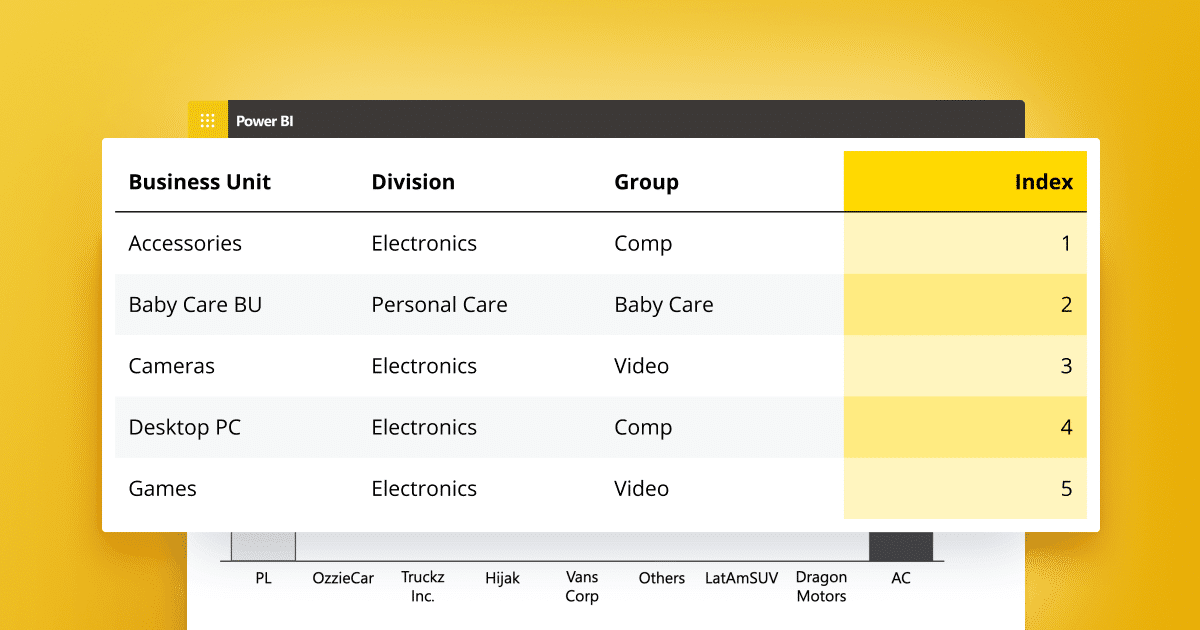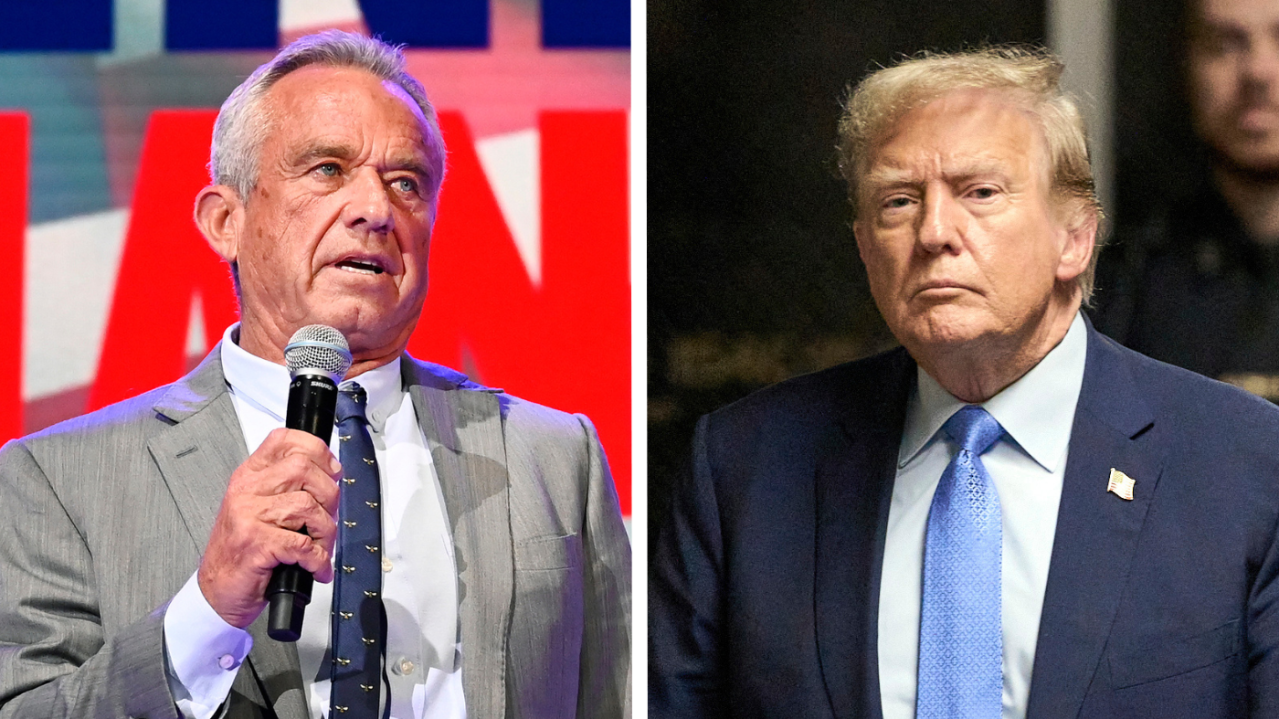Bundestag Elections And Key Business Figures: Their Effect On The Dax Index

Table of Contents
Pre-Election Market Sentiment and Speculation
The period leading up to Bundestag elections is often characterized by increased volatility in the DAX. Investor sentiment is heavily influenced by pre-election polls, predicting potential coalition governments and their likely policy platforms. The uncertainty surrounding the election outcome creates a climate of speculation, impacting investment decisions.
- Increased volatility in the DAX as election date approaches: As the election nears, investors react to shifting poll numbers and pronouncements from political parties, leading to significant price swings in the DAX. This volatility can be both an opportunity and a risk for traders.
- Influence of political rhetoric and policy proposals on stock prices: Specific policy proposals, particularly those concerning taxation, regulation, and social welfare, can have a direct impact on the share prices of companies in affected sectors. For example, promises of increased environmental regulations might impact automotive stocks, while tax reform proposals could influence the performance of financial institutions.
- Impact of uncertainty on investment decisions: The inherent uncertainty associated with elections often leads to a wait-and-see approach among investors. This can result in decreased trading volume and a temporary slowdown in investment activity until the election outcome is clear.
- Role of economic forecasts and expert opinions: Economic forecasts and analyses from leading financial institutions and experts play a significant role in shaping investor sentiment. These forecasts often incorporate predictions about the potential impact of different election outcomes on key economic indicators, influencing market behavior.
Post-Election Policy Changes and their DAX Impact
The formation of a new government following the Bundestag elections invariably leads to policy changes that significantly affect the DAX. These changes can be far-reaching, impacting various sectors and influencing investor confidence.
- Impact of tax reforms on corporate profitability: Changes in corporate tax rates, dividend taxes, or capital gains taxes can directly affect the profitability of German companies listed on the DAX, leading to corresponding changes in their share prices.
- Effect of environmental regulations on specific sectors (e.g., automotive): Stringent environmental regulations, particularly those impacting the automotive industry, can lead to increased costs and potential restructuring for companies, influencing their stock performance. The transition towards electric vehicles, for example, has already had a significant impact on the automotive sector's representation in the DAX.
- Influence of fiscal stimulus or austerity measures on economic growth and the DAX: Government decisions regarding fiscal policy, such as implementing fiscal stimulus packages or pursuing austerity measures, have a broad impact on economic growth and the overall performance of the DAX. Stimulus packages tend to boost investor confidence, while austerity measures can lead to caution.
- Analysis of specific examples from past elections: Analyzing the impact of past Bundestag elections and the subsequent policy changes on the DAX provides valuable insights for predicting future trends. For example, the impact of the 2005 and 2017 elections on specific sectors and the DAX as a whole can be used as a case study to draw valuable conclusions.
The Role of Key Business Figures and Lobbying
Prominent German CEOs and business leaders wield considerable influence, not only within their respective companies but also on the political landscape. Their public statements, lobbying efforts, and engagement with political parties can shape election outcomes and subsequent policy decisions.
- Public statements by CEOs on political issues: Public pronouncements by influential CEOs on issues like taxation, regulation, or European integration can sway public opinion and potentially influence voting patterns.
- Influence of industry associations on policy decisions: Powerful industry associations representing key sectors of the German economy engage in extensive lobbying activities, attempting to influence policy decisions that are favourable to their members' interests.
- Analysis of the relationship between specific business leaders and political parties: The close relationship between specific business leaders and political parties can significantly influence policy development and implementation after an election.
- Examination of the effectiveness of lobbying efforts on the DAX: The effectiveness of lobbying efforts by business groups can be assessed by examining the degree to which the implemented policies reflect their preferences. This analysis can highlight the influence exerted by key business figures on the DAX.
Long-Term Effects of Bundestag Elections on the DAX
The long-term impact of Bundestag elections on the DAX is a complex interplay of various factors. Analyzing long-term trends reveals patterns in how different coalition governments and their policies affect economic performance and investor confidence.
- Long-term growth or decline in the DAX under various governments: A comparative analysis of the DAX performance under different governments reveals long-term trends and identifies the most conducive political climates for economic growth.
- Correlation between political stability and DAX performance: Political stability is usually correlated with stronger economic performance and higher investor confidence, resulting in a positive impact on the DAX. Periods of political instability tend to have the opposite effect.
- Comparison of economic performance across different election cycles: Analyzing economic performance across multiple election cycles provides a broader perspective, allowing for identification of longer-term trends that may not be apparent in a single election cycle.
- Predictive modeling based on historical data: Historical data on Bundestag elections, government policies, and subsequent DAX performance can be used to develop predictive models to forecast future trends.
Conclusion
The Bundestag elections exert a powerful influence on the German economy and the DAX index. Understanding the interplay between election outcomes, government policies, and the actions of key business figures is crucial for navigating the complexities of the German stock market. By analyzing pre-election sentiment, post-election policy shifts, and the ongoing role of business leaders, investors can gain valuable insights to inform their investment strategies. Stay informed about upcoming Bundestag elections and their potential effects on the DAX index to make well-informed investment decisions. Keep monitoring the German economy and its key players for accurate predictions and effective DAX index analysis.

Featured Posts
-
 Wichtige Mitteilung Von Pne Ag Gemaess Artikel 40 Absatz 1 Wp Hg
Apr 27, 2025
Wichtige Mitteilung Von Pne Ag Gemaess Artikel 40 Absatz 1 Wp Hg
Apr 27, 2025 -
 Kanopy Free Streaming The Best Movies And Shows To Watch Now
Apr 27, 2025
Kanopy Free Streaming The Best Movies And Shows To Watch Now
Apr 27, 2025 -
 Debunked Autism Vaccine Link Hhs Taps Anti Vaccine Activist For Review Nbc 5
Apr 27, 2025
Debunked Autism Vaccine Link Hhs Taps Anti Vaccine Activist For Review Nbc 5
Apr 27, 2025 -
 Brazil Game Will Justin Herbert And The Chargers Succeed In 2025
Apr 27, 2025
Brazil Game Will Justin Herbert And The Chargers Succeed In 2025
Apr 27, 2025 -
 La Gran Sorpresa De Indian Wells Despedida Prematura De Una Favorita
Apr 27, 2025
La Gran Sorpresa De Indian Wells Despedida Prematura De Una Favorita
Apr 27, 2025
